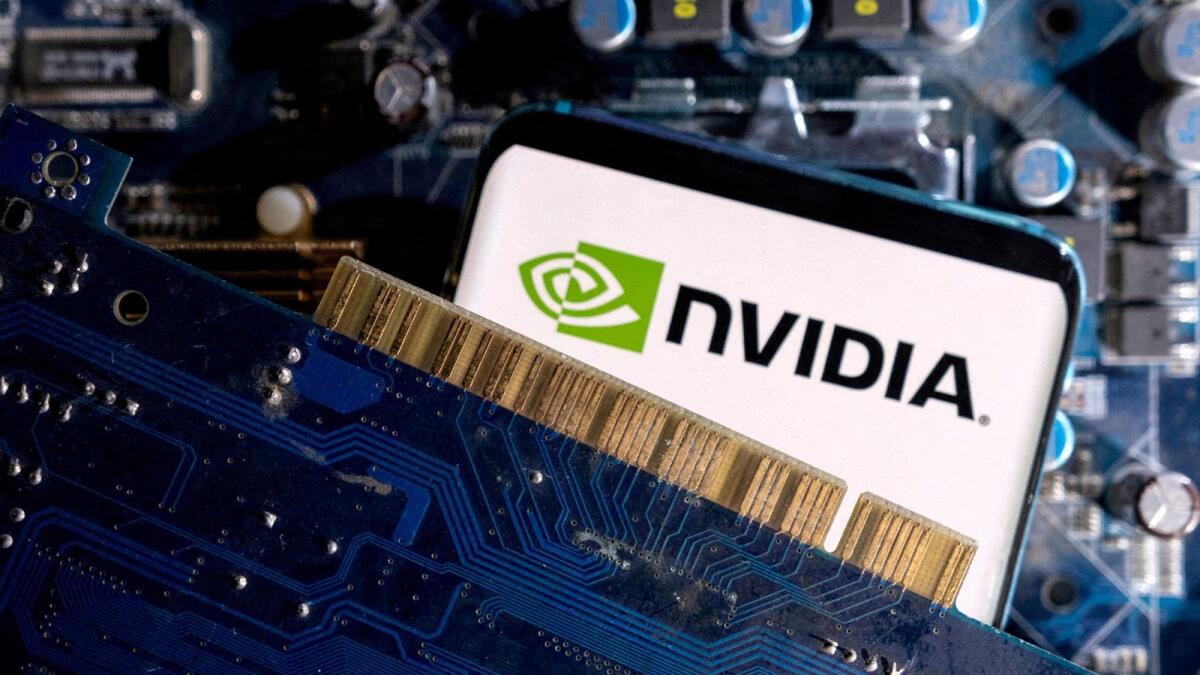Nvidia, a leading AI chip giant, is developing a version of its new flagship AI chips, the Blackwell series, specifically for the Chinese market. The new processors, which combine two squares of silicon to make the B200 chip, offer significant speed improvements over their predecessors. The company plans to collaborate with its major distributor partner in China, Inspur, for the launch and distribution of the new chip named the “B20”, with shipments expected to begin in the second quarter of 2025.
With a focus on the Chinese market, Nvidia aims to navigate the export controls imposed by the US government, tightening regulations to prevent technological advancements that could aid China’s military. The development of chips tailored for the Chinese market is part of Nvidia’s strategy to maintain its competitive edge against local players like Huawei and Enflame, who are making progress in the AI processor market. A version of the Blackwell series for China would help Nvidia counter these challenges while enhancing its presence in the region.
Despite facing challenges like declining revenue share from China due to US sanctions, Nvidia sees potential in the Chinese market for its advanced AI chips. The company’s previous chip for the Chinese market, the H20, initially faced challenges at launch but is now experiencing rapid growth in sales. With estimates suggesting sales of over 1 million H20 chips in China this year, Nvidia looks poised to capitalize on the growing demand for AI processors in the region.
As the US government continues to tighten export controls on semiconductor technology, Nvidia anticipates ongoing pressure in the industry. Speculations suggest that the US may seek further restrictions on chipmaking equipment to China, affecting the global semiconductor supply chain. Additionally, plans are in place to regulate the export of advanced AI models, emphasizing the US government’s efforts to safeguard its technological edge in the AI sector.
Recent reports regarding the Biden administration’s consideration of the foreign direct product rule have led to a decline in chip stocks worldwide. This rule, if implemented, would allow the US to prevent the sale of products made using American technology. The potential impact of such regulations on the semiconductor industry underscores the importance of companies like Nvidia to adapt their strategies to meet evolving regulatory requirements while capitalizing on opportunities in key markets like China.
In conclusion, Nvidia’s development of a specialized version of its flagship AI chips for the Chinese market reflects the company’s efforts to navigate the complexities of export controls and maintain its position in the global semiconductor industry. By collaborating with local partners and tailoring its products to meet market demands, Nvidia aims to continue expanding its presence in China while addressing regulatory challenges. As the landscape of semiconductor regulations evolves, companies like Nvidia will need to remain agile and innovative to stay competitive and capitalize on emerging opportunities.











